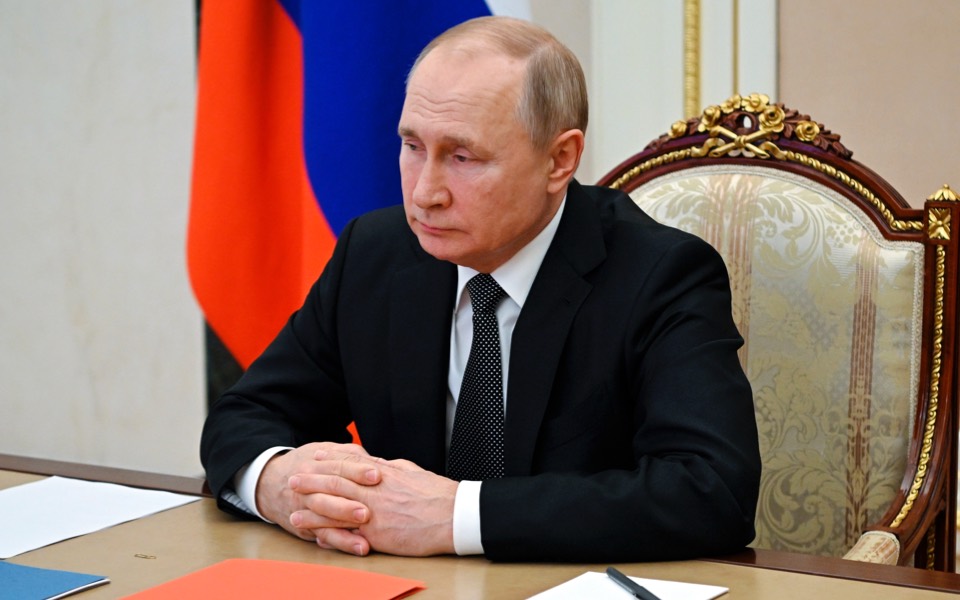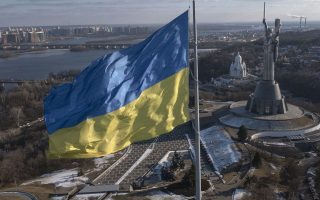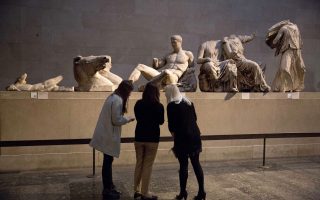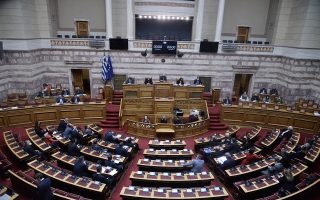Russia-Ukraine: Looking back at the roots

“Russia is not angry, it is concentrating.” The reason behind Russian aggression in the Ukrainian border is crystallized in Vladimir Putin’s recently published article “On the Historical Unity of Russians and Ukrainians.” The Russian president implies that Russians and Ukrainians are one people sharing the same historical cradle, and the “Ukrainian state occupies sacred historical Russian lands.” Let’s delve deeper into the historical roots of the confrontation.
Ukrainians and Russians view the Kievan Rus state, established in the 9th century AD, as their ancestor. A mix of Slavic tribes and Norsemen, the Kievan Rus retained core Viking institutions, boasting a structure of city-states actively engaging in trade. Merchants, artisans and laborers exercised political influence through the city assemblies, the veche, which included the entire adult male population. In some cases, the veche influenced their rulers or even expelled and replaced them; market institutions go hand in hand with elements of an open society.
The Mongol invasion of the 13th century subjugated the Kievan Rus principalities. One of them, the Duchy of Muscovy, would be the main recipient of the institutional heritage the Mongols brought along. While its unique position, protected by rivers and forests, made Moscow easier to defend, it also hindered trade potential; broad roads facilitate the passage of trade goods and enemy armies alike. Reduced incentives for market institutions favored penetration of Mongolian autocratic elements; no veche would thrive in the Duchy of Muscovy.
Consequently, Muscovy developed its Mestnichestvo hierarchy, road network, fiscal system and military organization based on Mongolian standards. The use of torture, seldom applied under the Kievan Rus, became a regular part of criminal procedure of the judicial system. Mongol influence was so intense that Muscovite Grand Prince Vasily II was accused of excessive love of their Tatar language.
The special status that Muscovy attained as a result allowed it to rise, unite the former Rus principalities and eventually terminate the Tatar yoke, but not without cost. Institutions leave long-lasting marks. Ironically, the same factors that allowed Muscovy to triumph were the driving force behind its transformation. The Muscovy monarch who proclaimed himself tsar of all Russia in 1547 was Ivan the Terrible, a name embodying the new state’s authoritarian tendencies it inherited from the Mongols via the Duchy of Muscovy. Compared to its Kievan Rus ancestor, the Russian state would be an autocratic offspring, a trait not hard to associate with its contemporary practices.
Conversely, the peoples that would eventually form the future Ukrainian state retained much of the Kievan Rus institutional legacy, while also under the influence of an empire rival to Russia; the Polish-Lithuanian Commonwealth. The emerging chasm between Russians and Ukrainians was not nullified under the Russian Empire that came to incorporate the two; the ancient Rus nationality would no longer be undivided.
Russia and Ukraine today exhibit significant differences but at the same time share a long common journey. Vladimir Putin has claimed that their relationship needs to be modeled along the lines of nations like the US and Canada, in which states similar in “ethnic composition, culture and language are closely integrated while remaining sovereign.” The stakes are high and the situation is delicate. This is precisely why such relationships cannot be forged under the threat of arms. Ukraine’s sovereignty and its aspiration toward democracy and rule of law must be respected.
Gerard Roland is the E. Morris Cox Professor of Economics and professor of political science at the University of California, Berkeley, and Nikolas Neos is an economist.





